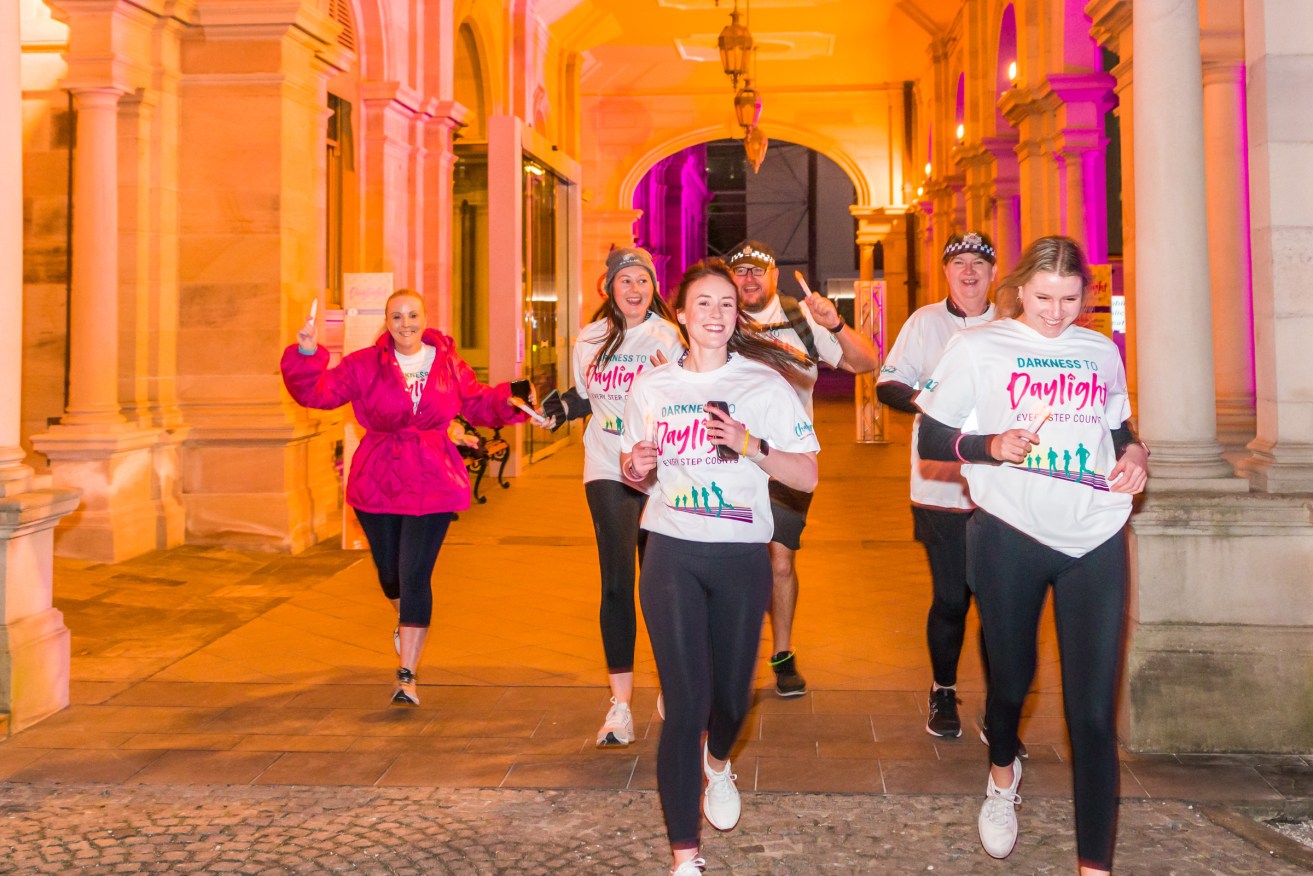Domestic violence is a public health and safety issue – it’s time we treated it as one
Already this year we have seen more than one death a week from domestic and family violence. Sadly, these deaths are just the tip of the iceberg. Family violence is present in every part of our community – every street, every school, every workplace, every culture.

Did you know that 3.6 million Australians have experienced some form of domestic and family violence since the age of 15? That’s enough to fill Suncorp stadium 60 times over. And did you know that one in four Australian women have experienced abuse by an intimate partner?
In Queensland alone, police respond to about 300 domestic violence incidents a day. Our shelters are bursting at the seams and women are having to choose between living with violence or being homeless.
This can and must change.
Australia is a world leader in health and safety prevention initiatives like road safety and reducing lung cancer rates. We can be world leaders in domestic violence prevention as well, by putting in place a planned, funded and continuous approach to violence prevention.
Governments across Australia are taking important action in holding users of violence accountable. We’ve seen this most recently with the criminalisation of coercive control. But we need to do (and fund) so much more.
In Australia, overwhelmingly, it’s men who are responsible for most violence, at more than 90 per cent. And we know that men who hold the most rigid views of masculinity are 17 times more likely to have physically assaulted their partner. Changing these attitudes will reduce the level of violence.
First, we need more funded programs that promote gender equality and respectful relationships across the community. We need more campaigns and events that drive community awareness, and we need to continue pushing for policy reforms at the local, federal and national level.
Second, we need real risk management and early intervention. We need to identify those who are at greatest risk of committing violence and provide them with the support and services they need, through funded behavioural change programs to stop the abuse before it happens.
Funding early intervention programs for boys and men, designed to stop early signs of abuse from escalating, prevent violence from recurring, and reduce longer term impacts and harm, is essential to ending the cycle of violence.
For those who have experienced domestic violence, support in recovery is so important. Funding and growing some of the wonderful recovery programs that already exist, and supporting alliances that advocate for high-quality, holistic, long-term rehabilitation is paramount to helping people rebuild their lives after domestic and family violence. This approach not only allows healing but also reduces the prospect that survivors will return to unsafe relationships.
There is much to be done but each of us can make a real difference.
Ask your workplace to provide training on how you can recognise the signs of violence, respond safely and respectfully, and then refer someone for support. Domestic violence is costing our businesses billions a year in lost productivity and all employers have legal obligations to keep employees safe. And we estimate that about two-thirds of people living with abuse are in the workforce.
Support a domestic violence organisation – donate or volunteer your time. We welcome you to join us in May for Darkness to Daylight as we stand together as a community that will no longer accept violence. Several thousand of us will walk, run and talk to bring this issue out of the darkness and into the daylight, and raise funds for domestic violence prevention projects.
Be a positive role model for the young people in your life by showing them healthy, respectful relationships free from fear.
And, lastly, call on governments at all levels for more action, now, to fund real prevention.
Ending domestic and family violence will require all of us to step up. Will you join us?














